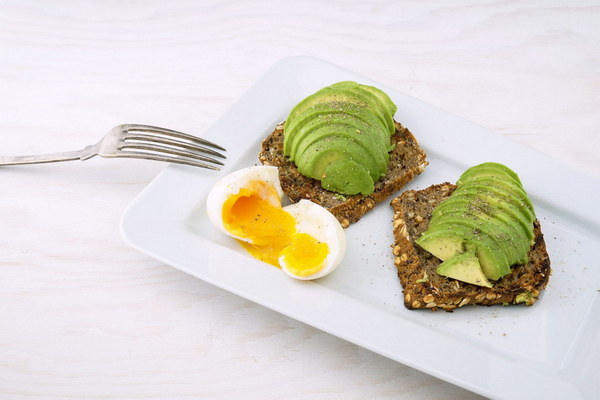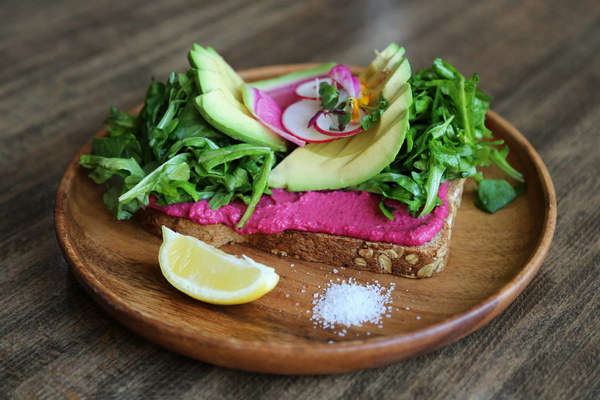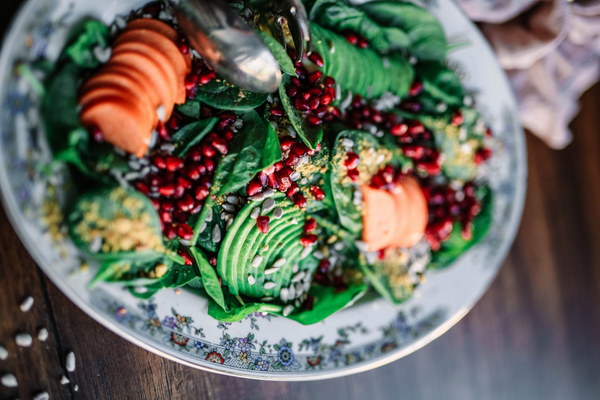The Precious Herbs A Treasure Trove for Eliminating Dampness in Traditional Chinese Medicine
In the realm of Traditional Chinese Medicine (TCM), dampness is considered one of the seven pathogenic factors that can disrupt the body's balance and lead to various health issues. To combat dampness, TCM practitioners have identified a variety of precious herbs that possess the unique ability to expel dampness and restore harmony. This article will delve into some of the most valuable herbs used in TCM for dampness elimination.
1. Cang Zhu (Atractylodes Macrocephala)
Cang Zhu, also known as Atractylodes macrocephala, is one of the most highly regarded herbs for dampness. It has a sweet, pungent taste and a warm nature, which makes it effective in drying dampness in the body. Cang Zhu is often used in combination with other herbs to treat conditions such as dampness-induced edema, diarrhea, and weakness in the lower limbs.
2. Fu Ling (Poria Cocos)

Fu Ling, or Poria cocos, is another essential herb for dampness. With a sweet and neutral taste, it is believed to have a potent drying effect on the dampness in the body. It is commonly used to treat dampness-related issues like edema, damp-heat, and dampness-induced cough. Additionally, Fu Ling is known for its ability to invigorate the spleen and boost energy.
3. Bai Zhu (Atractylodes Macrophylla)
Bai Zhu, also known as Atractylodes macrophylla, is a close relative of Cang Zhu. It is used to treat similar conditions as Cang Zhu but with a slightly different mechanism. Bai Zhu has a sweet, bitter taste and a warm nature, which helps to invigorate the spleen and transform dampness. It is often combined with other herbs to treat dampness-induced diarrhea, abdominal pain, and fatigue.
4. Sang Bai Pi (Morus Alba Bark)
Sang Bai Pi, or Morus alba bark, is a herb with a sweet and cold nature that is excellent for clearing damp-heat and eliminating dampness. It is commonly used to treat damp-heat-related symptoms such as jaundice, eczema, and damp-heat-induced constipation. Sang Bai Pi is also believed to have a calming effect on the mind, making it beneficial for those with dampness-induced irritability or insomnia.
5. Dang Gui (Angelica Sinensis)
Dang Gui, or Angelica sinensis, is a famous herb in TCM for its blood-boosting properties. However, it also plays a significant role in dampness elimination. With a sweet and slightly bitter taste and a warm nature, Dang Gui is effective in draining dampness and tonifying blood. It is often used in combination with other herbs to treat dampness-related anemia, fatigue, and menstrual disorders.
6. Fu Zi (Aconitum Carmichaelii Root)
Although Fu Zi, or aconitum carmichaelii root, is a toxic herb, it is an invaluable component in TCM for dampness elimination. It has a pungent, spicy taste and a hot nature that can expel cold dampness and relieve pain. Fu Zi is commonly used to treat damp-cold-related conditions such as arthritis, cold limbs, and dampness-induced edema.
In conclusion, the elimination of dampness is a crucial aspect of TCM, and the use of precious herbs is an effective way to achieve this goal. The herbs mentioned in this article have been proven to be beneficial for dampness-related issues and are often used in combination with other herbs to create customized formulas for individual patients. It is essential to consult with a qualified TCM practitioner before using any of these herbs, as proper dosage and administration are crucial for optimal results.









